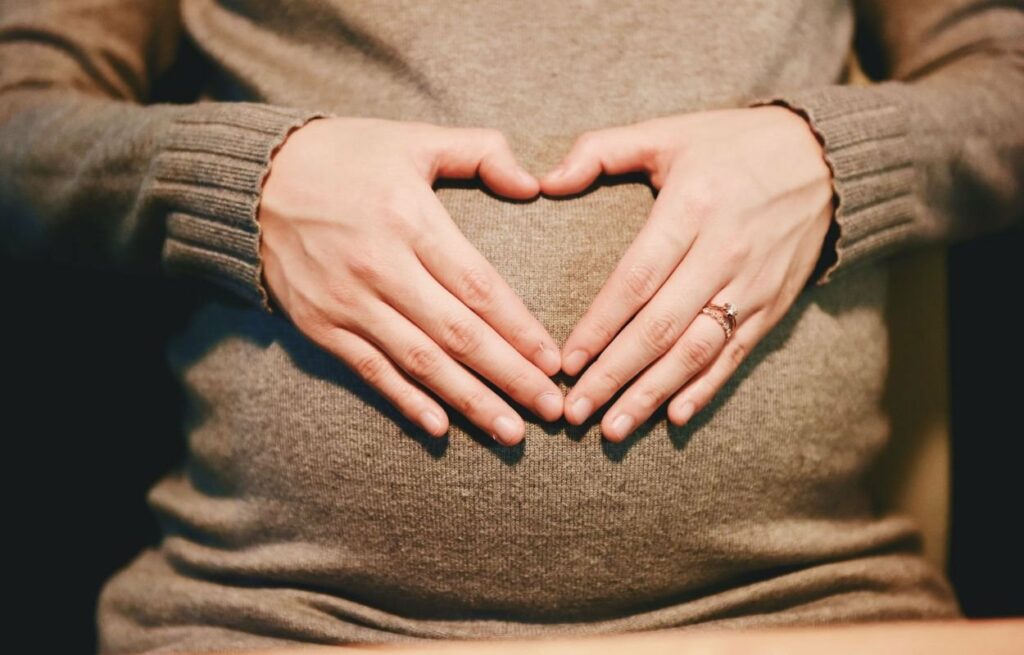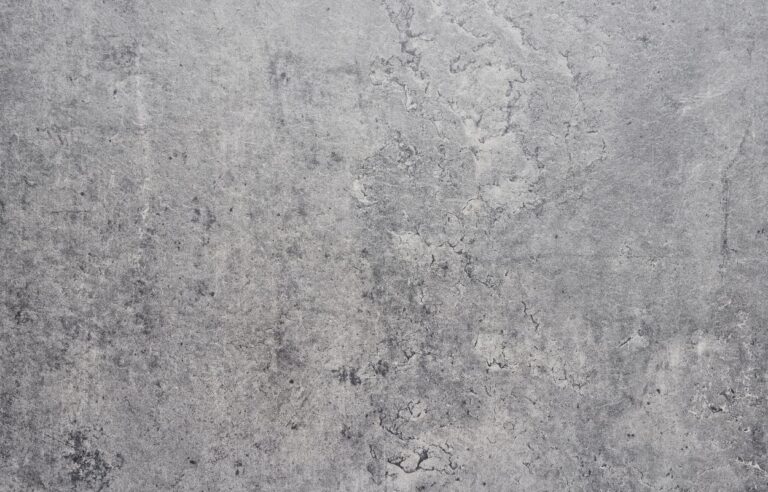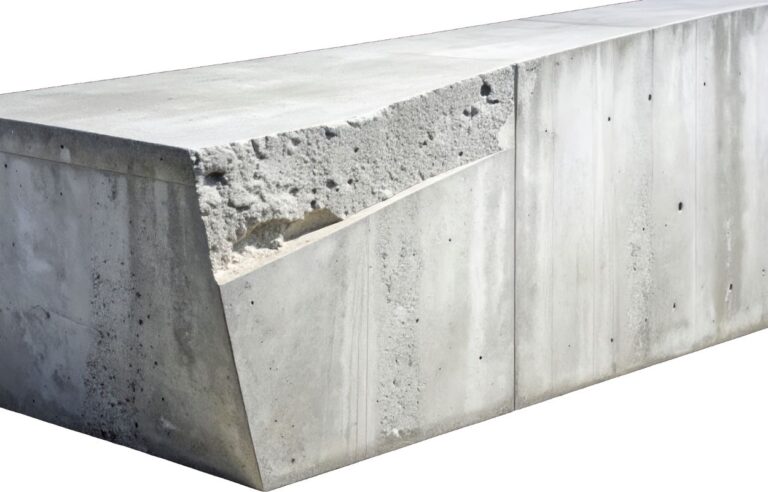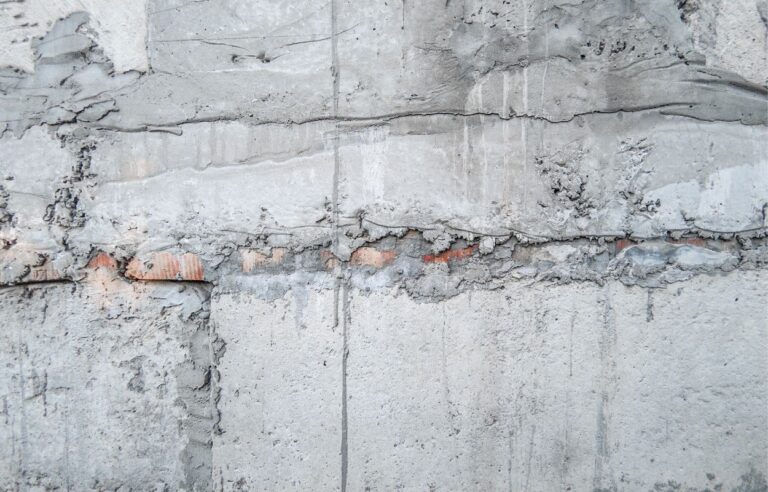
Pregnancy is an exciting and emotional time, but it also comes with its fair share of concerns. One of the most important things to consider during this special period is the environment around you. You’ve probably heard a lot about the need to eat healthy, avoid certain foods, and stay active—but what about lead exposure? Lead is a toxic substance that can harm your health and your baby’s health, and it’s something expecting mothers need to be aware of. Let’s dive into the basics of lead exposure and what you should know to protect yourself and your little one.
WHAT IS LEAD AND WHY IS IT DANGEROUS DURING PREGNANCY?
Lead is a heavy metal that can be found in various places, especially in older homes or in areas with industrial pollution. It can be present in things like lead-based paint, dust, soil, and even some pipes. For expecting mothers, lead exposure is especially risky. If lead gets into your body, it can pass through the placenta and harm your developing baby.
When you’re pregnant, your body is already going through so many changes. Exposure to lead can interfere with your pregnancy, affecting everything from your blood pressure to your baby’s development. Some of the most serious risks include:
Miscarriage or premature birth: High levels of lead exposure have been linked to an increased risk of miscarriage and early delivery.
Low birth weight: Babies born to mothers exposed to lead may have a lower birth weight, which can lead to complications.
Developmental issues: Lead can affect the baby’s brain development, leading to learning difficulties, behavioral problems, and other long-term issues.
HOW DOES LEAD EXPOSURE HAPPEN?
You might be wondering, “How do I even get exposed to lead?” The most common way pregnant women are exposed to lead is through old homes that were painted with lead-based paints. Lead was widely used in house paints before 1978, and in homes built before that year, the paint might still be around.
Lead exposure can also happen through soil that’s been contaminated by lead from old paint or industrial pollution. If you’re gardening or spending a lot of time outside, it’s something to keep in mind. Additionally, lead can be found in some imported goods, like jewelry, toys, or cosmetics, especially if they are from countries that don’t have strong regulations in place.
SIGNS OF LEAD POISONING
One of the tricky things about lead exposure is that it doesn’t always show obvious symptoms, especially in the early stages. Many people who are exposed to lead don’t experience any noticeable signs right away. That’s why it’s so important to be aware of potential risks.
However, if you are exposed to lead for an extended period, watch out for symptoms like fatigue or weakness, headaches, abdominal pain, nausea or vomiting, and memory or concentration issues.
In some cases, if you’ve been exposed to very high levels of lead, it can cause more serious symptoms, like seizures or even coma. But the good news is that if you catch lead poisoning early, it can be treated.
HOW CAN EXPECTING MOTHERS PROTECT THEMSELVES FROM LEAD EXPOSURE?
The best way to protect your baby is to avoid lead exposure in the first place. But what can you do to reduce the risks? Here are some practical tips to help you stay safe.
Test your home for lead: If you live in an older home, it’s a good idea to get a lead inspection done. Professional testers can check for lead-based paint, dust, and soil contamination. If you’re in Victoria, you can find services that specialize in lead abatement in Victoria to ensure your home is safe for you and your baby.
Clean your home regularly: If you live in an older home with lead-based paint, it’s important to keep dust levels low. Wipe down surfaces regularly with a damp cloth to avoid spreading dust that could contain lead. Consider getting your home professionally cleaned if you’re unsure about doing it yourself.
Eat a healthy diet: Eating a balanced diet can help reduce the amount of lead your body absorbs. Foods high in calcium, iron, and vitamin C can help protect you from lead’s harmful effects. Plus, staying hydrated and avoiding processed foods can improve your overall health, making you less vulnerable to lead poisoning.
Wash your hands: It’s simple but effective! Make sure to wash your hands regularly, especially before meals. This helps remove any potential lead dust that could be on your skin, especially if you’ve been touching old furniture or soil that could contain lead.
Avoid certain products: Be cautious with imported products like jewelry, toys, or cosmetics, particularly if they aren’t from trusted sources. Check the labels and look for safety certifications to ensure they don’t contain lead.
WHAT TO DO IF YOU THINK YOU’VE BEEN EXPOSED TO LEAD
If you suspect that you’ve been exposed to lead, it’s important to take action right away. Start by contacting your healthcare provider. They may recommend a blood test to check for lead levels. If your lead levels are high, they can help you with a treatment plan to reduce the amount of lead in your body.
In some cases, lead poisoning may require medication to help your body eliminate the lead. Your healthcare provider will guide you through the best course of action based on your individual situation.
WHY LEAD ABATEMENT IS SO IMPORTANT
You’ve probably heard the term “lead abatement” before, but what does it actually mean? Lead abatement refers to the process of removing or reducing lead hazards in your home or environment. This can include things like removing lead-based paint, replacing lead pipes, or cleaning contaminated soil. If you live in a home with potential lead hazards, it’s essential to consider lead abatement to protect yourself and your family.
In areas like Victoria, where older homes are common, lead abatement is an important service to consider. If you’re pregnant or planning to start a family, ensuring your home is lead-free should be a priority. Lead abatement in Victoria is available through certified professionals who can help make your home a safer place for you and your baby.
FINAL THOUGHTS
Pregnancy is a time of excitement and preparation, and keeping yourself and your baby safe is at the top of the list. Lead exposure is a serious concern, but by staying informed and taking practical steps, you can significantly reduce the risks. Whether it’s testing your home for lead, eating a healthy diet, or seeking professional help for lead abatement in Victoria, the steps you take now can protect your health and your baby’s future.
Remember, your health matters, and there are resources available to help you navigate any challenges. By staying proactive, you can create a safe and healthy environment for both you and your little one as you prepare for this wonderful journey ahead.
